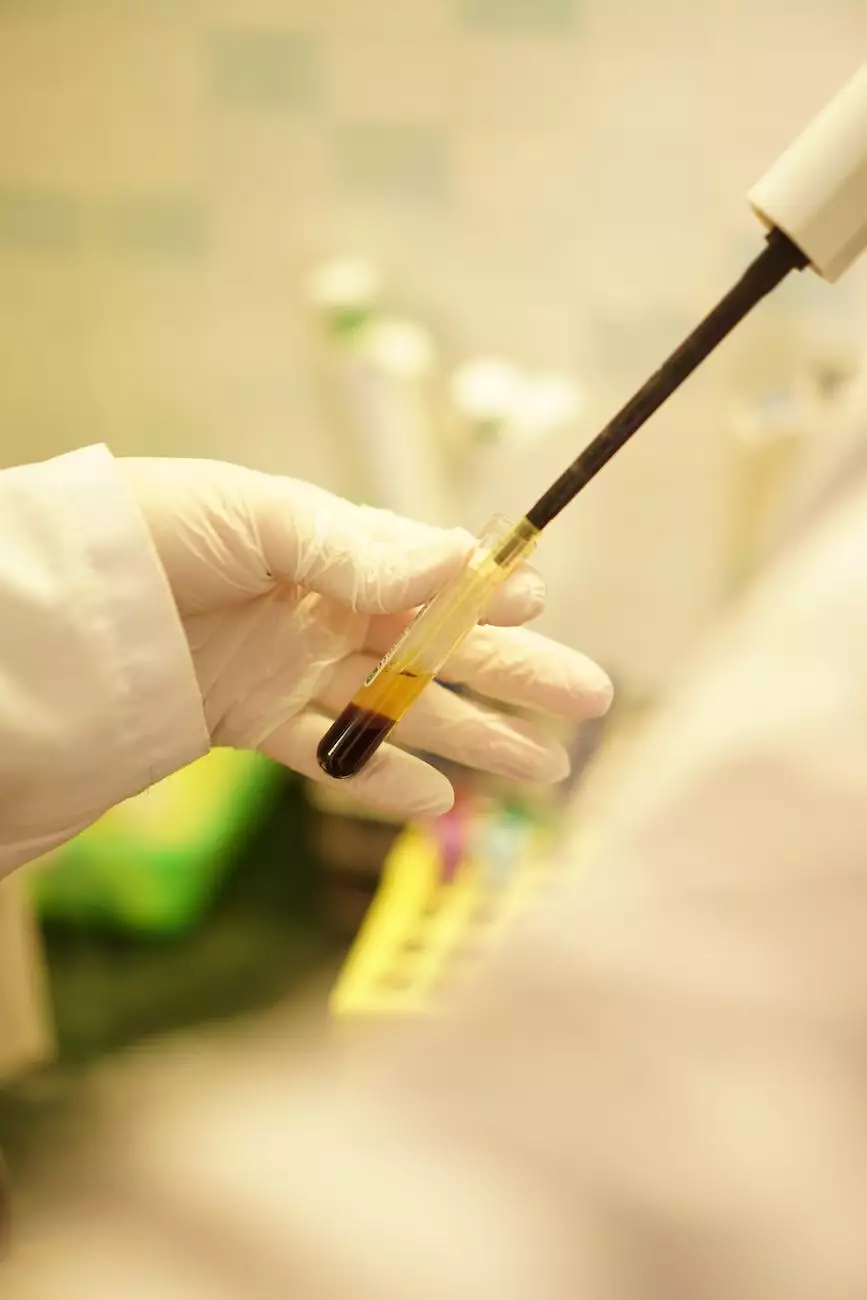Gas Pain or Heart Attack - Norton Healthcare

Gas Pain or Heart Attack: Differentiating the Symptoms
Experiencing pain or discomfort in the chest area can be alarming, as it is often associated with serious conditions such as heart attacks. However, it is essential to understand that not all chest pain indicates a heart problem. Gas pain, a common digestive issue, can sometimes mimic symptoms of a heart attack, causing confusion and anxiety.
The Causes of Gas Pain
Gas pain occurs when gas builds up in the intestines, causing bloating, discomfort, and sometimes sharp pain. There are several factors that can contribute to gas pain, including:
- Dietary Choices: Consuming foods that are known to produce gas, such as beans, onions, broccoli, and carbonated drinks, can lead to gas pain.
- Swallowing Air: Eating or drinking too quickly, using straws, or chewing gum can result in swallowing excess air, which can accumulate in the digestive system.
- Intestinal Disorders: Conditions like irritable bowel syndrome (IBS), gastroesophageal reflux disease (GERD), or lactose intolerance can cause excessive gas production and pain.
Understanding Heart Attacks
A heart attack, also known as myocardial infarction, occurs when blood flow to the heart is significantly blocked, causing damage to the heart muscle. Common risk factors for heart attacks include:
- Coronary Artery Disease: A buildup of plaque in the arteries that supply blood to the heart can restrict blood flow, eventually leading to a heart attack.
- High Blood Pressure: Consistently elevated blood pressure can strain the heart and increase the risk of a heart attack.
- Smoking: Smoking damages the blood vessels and increases the likelihood of clot formation, potentially leading to a heart attack.
Recognizing the Symptoms
While both gas pain and heart attacks can cause chest discomfort, it is crucial to differentiate between the two. Understanding the distinct symptoms can help you determine if your pain is due to gas or a potential heart problem:
Symptoms of Gas Pain:
- Localized Pain: Gas pain is often confined to a specific area, usually in the upper abdomen or lower chest.
- Passing Gas: The pain associated with gas can be relieved by passing gas or belching.
- Bloating and Discomfort: Gas pain is frequently accompanied by bloating, a feeling of fullness, and visible abdominal distension.
Symptoms of a Heart Attack:
- Severe Chest Pain: Heart attack pain is typically described as a crushing, squeezing, or heavy sensation that may radiate to the arms, back, neck, jaw, or stomach.
- Shortness of Breath: Difficulty breathing or feeling breathless, often accompanied by sweating and lightheadedness.
- Other Associated Symptoms: Nausea, vomiting, cold sweats, and anxiety can also be present during a heart attack.
Seeking Medical Attention
If you are uncertain about the cause of your chest pain or if you experience any of the symptoms associated with a heart attack, it is essential to seek immediate medical attention. Only a medical professional can accurately diagnose whether you are suffering from gas pain or a heart attack.
At Norton Community Medical Associates, we have a team of experienced healthcare providers dedicated to diagnosing and treating a wide range of conditions, including chest pain. Our specialists utilize advanced diagnostic tools and techniques to differentiate between gas pain and heart attacks, ensuring prompt and appropriate care.
Preventing Gas Pain and Heart Attacks
While gas pain is often a result of temporary and harmless factors, certain lifestyle changes can help prevent its occurrence:
- Eating Habits: Slow down while eating, avoid swallowing excess air, and try incorporating more fiber-rich foods into your diet gradually.
- Hydration: Staying properly hydrated can aid digestion and prevent gas buildup.
- Exercise: Regular physical activity helps maintain overall digestive health.
To reduce the risk of heart attacks, it is crucial to adopt heart-healthy habits such as:
- Quit Smoking: Breaking the habit is one of the most significant steps you can take to protect your heart.
- Maintain a Balanced Diet: Focus on consuming nutrient-dense foods, reducing saturated fats, and limiting salt intake.
- Monitor Blood Pressure and Cholesterol: Regularly check your blood pressure and cholesterol levels and follow your healthcare provider's recommendations.
- Exercise Regularly: Engage in physical activity for at least 30 minutes most days of the week.
Conclusion
Gas pain and heart attacks may share similarities in terms of chest discomfort, but understanding the unique symptoms and causes is essential for appropriate diagnosis and treatment. If you are unsure about the cause of your chest pain or experience symptoms suggestive of a heart attack, seek immediate medical attention. Norton Community Medical Associates is here to provide expert care and help you navigate through potential health concerns.










